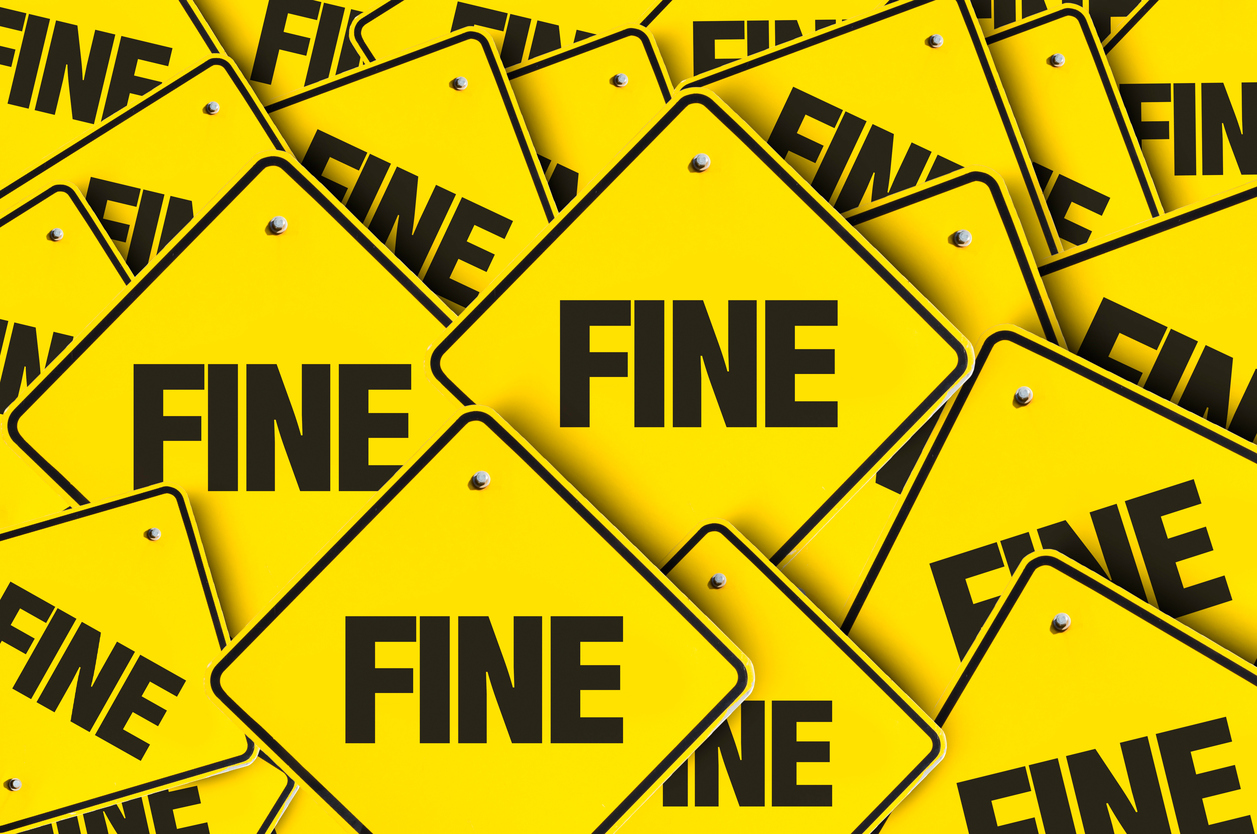FINRA Fines Cadaret Grant $200,000 Over Rep’s Alleged Ponzi Scheme

Financial Industry Regulatory Authority has issued a $200,000 fine against Cadaret, Grant & Co. Inc. for allegedly failing to supervise one of its registered representatives, who conducted multiple undisclosed private securities transactions that were part of an alleged Ponzi scheme.
Financial Industry Regulatory Authority has issued a $200,000 fine against Cadaret, Grant & Co. Inc., alleging that the broker-dealer failed to supervise one of its registered representatives who conducted multiple undisclosed private securities transactions that were part of a Ponzi scheme.
Cadaret Grant is headquartered in Syracuse, New York, and has approximately 800 registered representatives located in approximately 423 branch offices.
According to a letter of acceptance waiver and consent issued by FINRA, from April 2014 to March 2017, the Cadaret Grant broker orchestrated a Ponzi scheme that resulted in millions of dollars in losses to its victims, including several Cadaret Grant customers.
The broker, who was not named but referred to as “SP” in the AWC letter, was affiliated with Cadaret Grant from September 2012 to March 2017.
“SP” purportedly solicited customers to invest in three entities that he created and controlled by falsely promising annual returns of 4.5 percent to 8 percent. FINRA alleges that, unbeknownst to his clients, the Ponzi entities were worthless shell companies with no revenues or business operations.
To perpetrate his alleged scheme, “SP” gave two of the entities names that closely resembled those of legitimate companies with publicly traded stock. FINRA claims that the broker deposited investors funds into bank accounts that he controlled, and then used the money to pay his personal expenses and to make interest payments to earlier investors.
In one instance, a Cadaret customer and middle-aged widow invested approximately $725,000 in two of the Ponzi entities, primarily using funds from her brokerage accounts. She was told that the investment was a real estate investment trust with a guaranteed minimum return of 8 percent.
Between October 2013 and March 2014, the broker issued three third-party checks totaling approximately $927,000 that were deposited into one of her brokerage accounts at Cadaret Grant, supposedly for the principal investment in the Ponzi entities plus “interest.”
Two of the checks were in excess of $400,000, which FINRA claims was an unusually high deposit amount, and the memo line on one of the checks stated, “proceeds of sale.”
In October 2015, one month after disclosing 11 judgments and liens on “SP’s” Form U4, Cadaret received a letter from the client’s attorney stating that he was investigating activity in her accounts, including her “direct investments” with the broker.
Although Cadaret produced the requested documents, FINRA claims that no one at the firm investigated multiple red flags, including why the attorney started the investigation or what direct investments the letter was referring.
FINRA alleges that the broker continued his Ponzi scheme for 17 months until his termination in March 2017 after the customer filed an arbitration against Cadaret, alleging that her investments in the Ponzi scheme were fraudulent.
In addition, “SP” used an outside email account for his securities business, which Cadaret permitted, but he refused to provide the emails to the firm for supervisory review, as required.
FINRA claims that Cadaret failed to investigate the refusal, and in one instance, left the portion of a branch inspection report blank where inspectors describe their review of the emails. FINRA indicated that Cadaret took no steps to compel the broker’s compliance with their policy for roughly one year, but resumed capturing and reviewing his outside emails in 2016.
Cadaret signed the AWC letter without admitting or denying FINRA’s allegations.